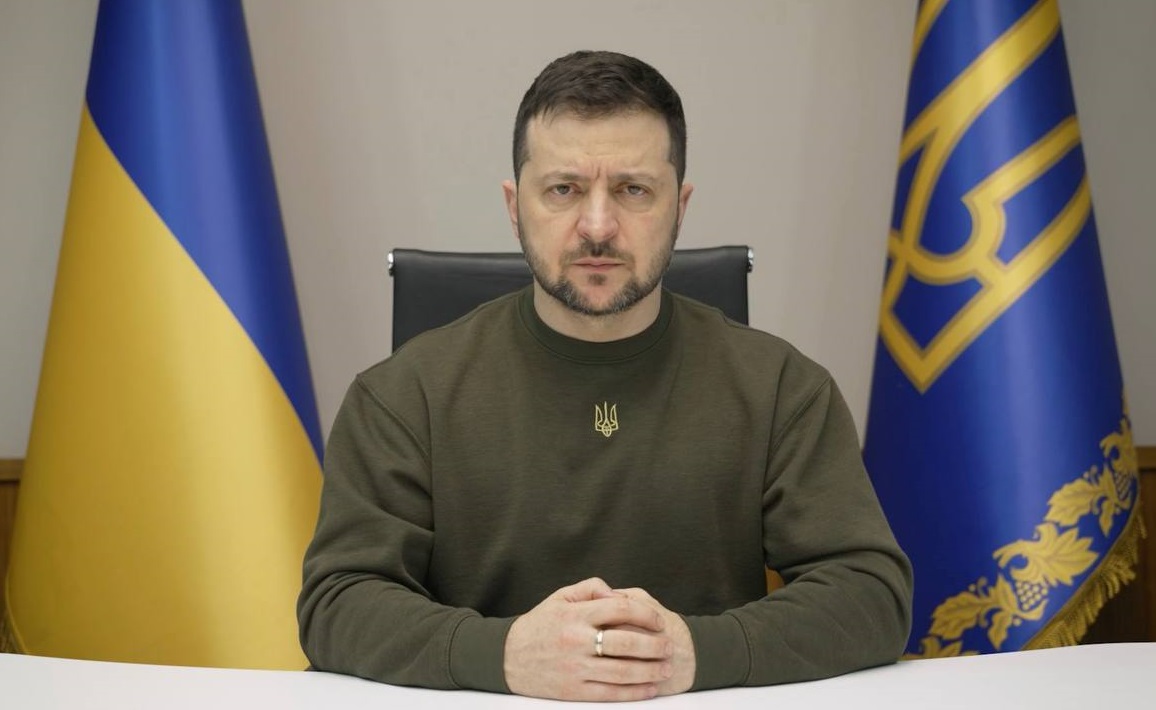Last weekend, beneath the chandeliers of Munich's Bayerischer Hof hotel, diplomatic formalities gave way to open shock as security leaders gathered for what has historically been a celebration of Western unity.
Instead of rallying allies against Russia, US Vice President J.D. Vance turned his criticism toward Europe itself—describing its democracies as fragile, overregulated, and militarily weak. His message to the Munich Security Conference was unmistakable: Washington no longer sees the EU as a relevant player in peace talks with Russia over Ukraine.
European leaders responded by convening an emergency Paris meeting to reassess their strategic direction, while US and Russian officials began direct negotiations in Saudi Arabia—without European or Ukrainian participation.
Paradoxically, Kyiv received these developments with relative calm. The Ukrainian leadership's perspective: the worst already happened with Russia's 2022 invasion, leaving them notably less panicked than their European counterparts.
To examine the implications, Euromaidan Press consulted security experts Iryna Krasnoshtan from the International Center for Ukrainian Victory (ICUV) and Olena Trehub of the Independent Anti-Corruption Commission (NAKO).
For the first time, Europe felt what it means to be Ukraine—at least politically
"I felt like it is Ukraine came to Munich with a lesson to teach," says Iryna Krasnoshtan, who attended the conference in person.
Day one saw European leaders reeling from Vance's speech, with many frantically adjusting to the American agenda.
"Some even rewrote their speeches—I heard this directly from government representatives," Krasnoshtan notes. The shock was palpable as everyone felt compelled to respond to the Vice President's assertions.
By day two, following Volodymyr Zelenskyy's address, the atmosphere had transformed. "Zelenskyy was received warmly, even enthusiastically. What stood out was how many noted: 'Zelenskyy is not in despair.' This resilience clearly inspired them," Krasnoshtan observed.
Olena Trehub explained that Zelenskyy emerged as a leader of the free world. He received applause when emphasizing that Ukraine represents a solution, not a problem.
"If Europeans are serious about building a European army, then Ukraine will be its backbone," Trehub points out. "Right now, it has the largest and most battle-tested army in Europe, with real 21st-century combat experience."
The conference created an unexpected solidarity effect.
"For the first time, Europeans physically felt what it means to be Ukraine—to have your sovereignty undermined and be disregarded in crucial decisions," says Krasnoshtan.
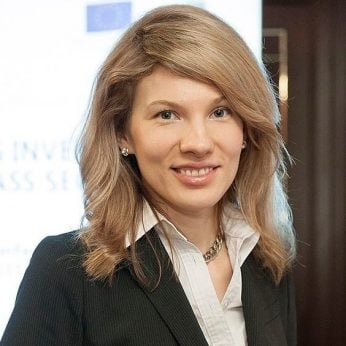
American officials delivered an unambiguous message: Europe needs real geopolitical weight to secure a place at the negotiating table.
"The Europeans lack that weight because they are still under the US security umbrella," Trehub explains.
They don't produce enough weapons, have a strong enough army, and are still unwilling to deploy troops to Ukraine.
"The US was like an electric shock to Europe," Trehub concludes.
The Paris Summit is Munich’s first real test
"The Paris Summit is a direct consequence of Munich," says Krasnoshtan. "While Europeans displayed unity through numerous declarations supporting Ukraine at Munich, the real test will be in implementation."
Trehub emphasizes the unprecedented speed of the Paris gathering.
"No one has ever seen Europe respond so rapidly, especially given French tendencies to plan months ahead. This suggests Europe may have finally heeded the wake-up call—one they've repeatedly heard but never acted upon," she says.
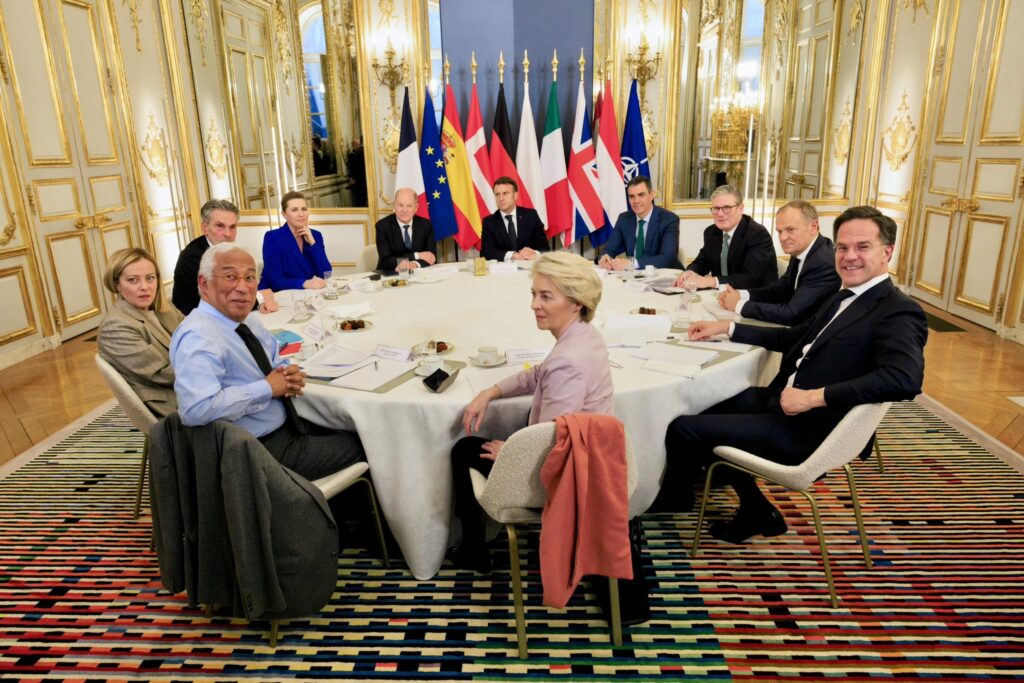
Trehub notes that the critical question is whether concrete actions will follow. Since Russia's full-scale invasion, discussions about European defense autonomy have intensified, yet substantial funding hasn't materialized.
"When I questioned European officials about their defense pivot, they couldn't even confirm whether their new Defense Commissioner and parliamentary committee would receive adequate financing—let alone the massive investment needed for a serious defense industry," she recalls.
This exposes the gap between rhetoric about a "European army" and Brussels' fiscal reality—something Trump clearly recognizes. His administration's provocations aim to force Europe to acknowledge that this war on European soil primarily threatens Europe, not America.
"The debate now is whether Trump's electric shock will revitalize the patient or prove fatal," says Trehub.
The stakes are clear: either Europe mobilizes its resources and reinforces the transatlantic alliance, or new security partnerships emerge—potentially even involving China. A glimpse of this geopolitical shift was already evident in Munich. When Trump’s representatives excluded Europeans from future negotiations, China’s Foreign Minister seized the moment.
"At Munich, China's FM insisted that Europe should have a seat at the negotiating table—positioning himself as Europe's advocate," Trehub notes. "These developments signal we've entered a new era of realigning coalitions."
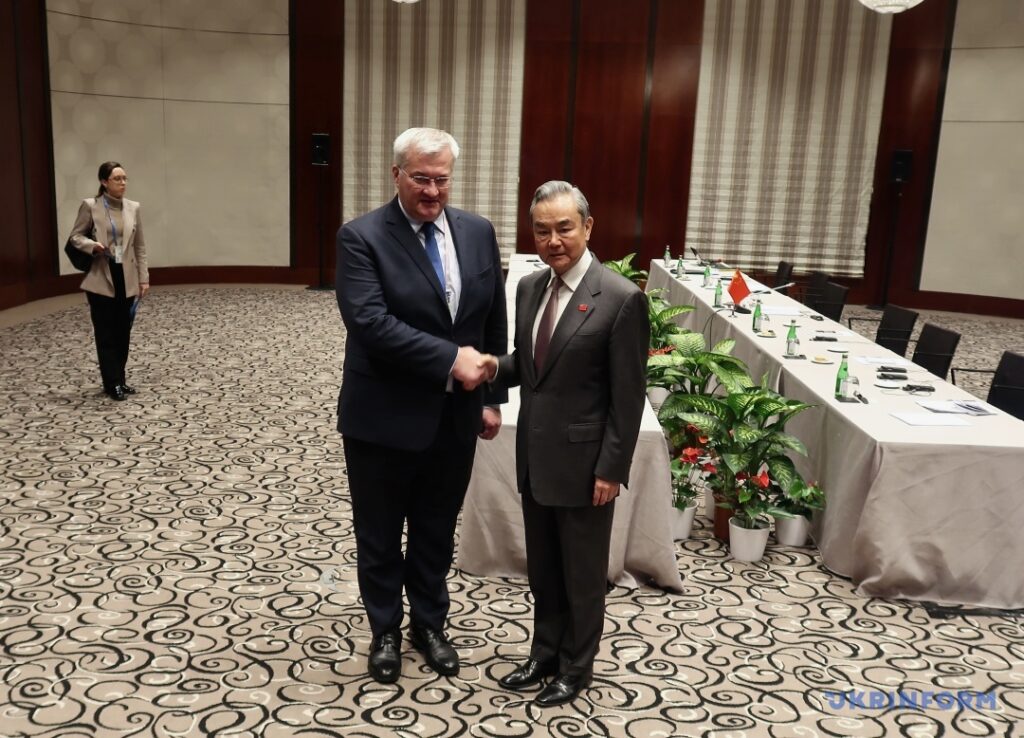
Trending Now
NATO’s credibility faces its toughest challenge yet
At Munich, Americans promoted a puzzling message: "Let's automatically admit Ukraine to NATO if Russia attacks again."
"As someone with a decade in NATO policy, I find this absurd," says Krasnoshtan. "Ukraine needs another invasion to qualify for membership?"
She believes Ukraine must reject such propositions while cautiously evaluating European promises of support. "Europeans claim they'll fill gaps where Americans withdraw, but implementation remains uncertain."

The European army concept that Zelenskyy referenced isn’t new—it’s a revival of Macron’s long-stalled initiative. While Europeans welcomed Zelenskyy’s emphasis on European agency, widespread skepticism remains about creating a parallel military structure alongside NATO.
"While many criticize NATO's weakening, dismantling it plays directly into Russia's long-term strategy," Krasnoshtan notes. "Yes, America wants reduced European presence, but this isn't the moment to further undermine the alliance or create redundant structures."
For her, the priority is establishing a European military presence in Ukraine now. Securing immediate security guarantees for Ukraine must come before defining its long-term role in European defense. “The British Prime Minister's openness to deploying peacekeeping troops could catalyze this crucial conversation."
Trehub, however, sees merit in establishing a European army despite the challenges. Her stance stems from concerns about NATO’s structural imbalance.
"If NATO's security guarantees—including Article 5—aren't truly reliable, Europe requires alternative security mechanisms as soon as possible," she explains.
Zelenskyy holds his ground, but the pressure mounts
As US-Russia talks took place in Saudi Arabia, President Zelenskyy’s response was swift: Ukraine would reject any deal made behind its back. Krasnoshtan believes this stance emerged from the strong European support he received in Munich.
"This works reciprocally—we inspire Europeans while their backing emboldens Zelenskyy," she says.
This newfound confidence extends to mineral deal negotiations, where Zelenskyy has refused American pressure for unfavorable terms. "In this context, that's absolutely the correct approach," notes Krasnoshtan.
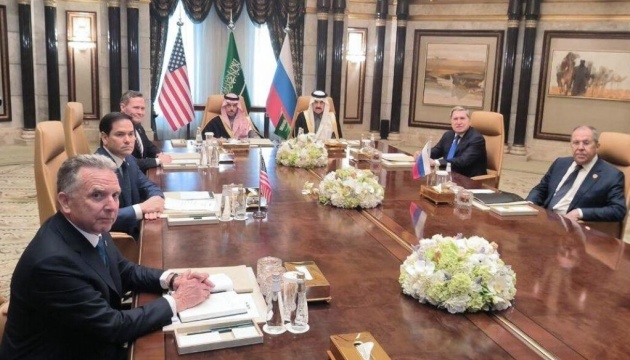
Trehub agrees, arguing that Zelenskyy’s refusal reflects Ukraine’s growing leverage throughout the war. "Today, we possess a battle-hardened army despite ongoing challenges. We've secured weapons, developed production capabilities, and built stronger European partnerships for arms and funding."
This enhanced position enables Zelenskyy to reject unfavorable terms while maintaining openness to genuine negotiations.
Strategic patience is Ukraine’s strongest tool
Krasnoshtan notes that the US peace plan has not been publicly announced; there are just circulating proposals that may be deliberate strategies.
"Many American senators, including Republicans, came to Munich. They were there to explain to Europeans what Vance's remarks actually meant. Their consistent message was that Trump doesn't intend to abandon Ukraine, but rather seeks a sustainable solution,” she says.
Behind closed doors, American officials advised against literal interpretations of public rhetoric, suggesting much is tactical positioning by the Trump administration.
"We repeatedly heard: remain calm, avoid emotional reactions, and prioritize your national interests above all."
Krasnoshtan argues that Zelenskyy's approach—showing negotiation openness while establishing clear boundaries—is appropriate. Ukraine must capitalize on European leaders' current willingness to act. "We need to maximize their engagement while it lasts."
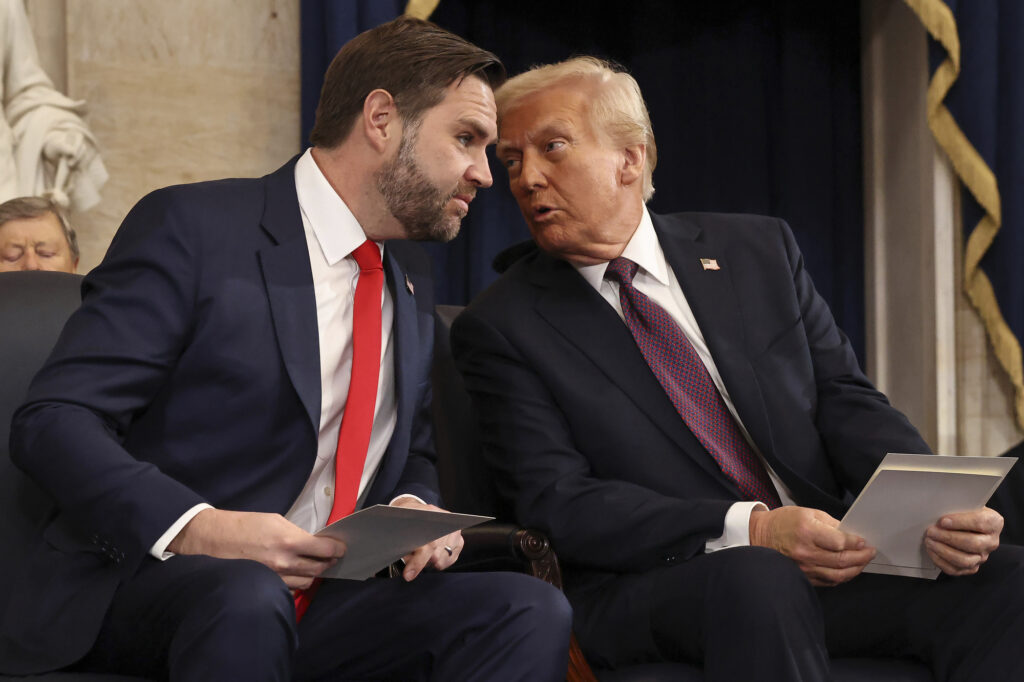
For Ukraine, Trehub suggests the Munich conference ultimately proved beneficial. "There's a dark joke circulating that thanks to Trump, Ukraine no longer feels geopolitically isolated—now all of Europe faces security uncertainty."
Trehub believes Trump's strategy centers on punishing whichever side first abandons negotiations, which explains why both Putin and Zelenskyy signal a willingness to talk.
"Whoever blinks first faces consequences—either Trump hits Putin with doubled sanctions while increasing Ukraine's weapons tenfold, or Ukraine loses support entirely."
Read more:

